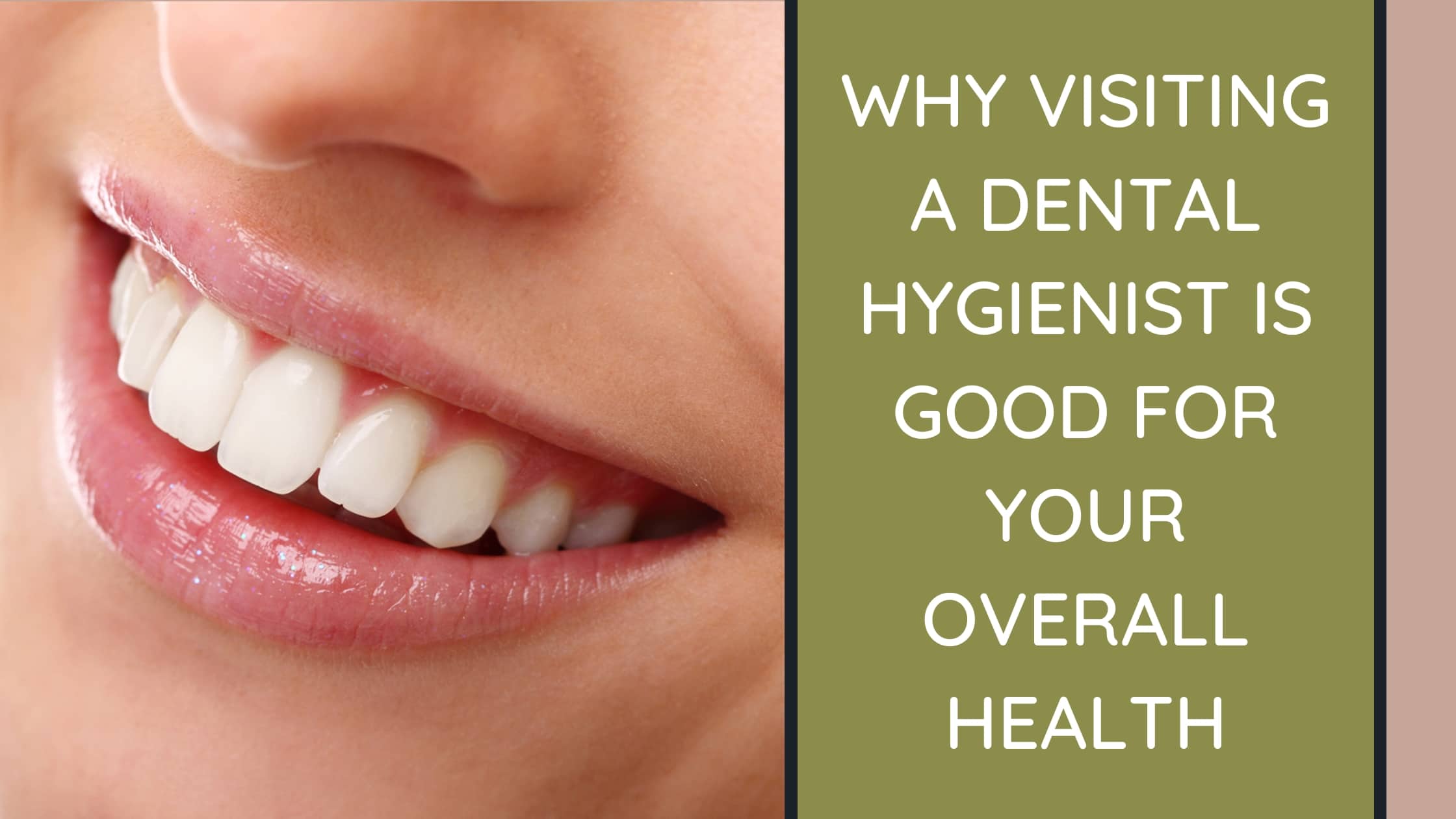
There have been more and more articles in the media in recent years about the significance of gum disease on our long term health. A recent article in the Times suggests that we should be caring more about the health of our gums rather than trying to achieve ‘pearly whites’ like A-listers, such as Tom Cruise. You can read the article here.
According to the article, as we grow older, the likelihood of developing gum disease also increases. By the time we reach our 50s and 60s, many of us become more prone to developing gum disease. Approximately 90% of the UK population experiences some level of gum disease. Statistics from the Great British Oral Health Report reveal that over half of all adults are affected by gingivitis, a form of early-stage gum disease marked by inflammation and painless bleeding.
What could happen if gum disease is left untreated?
The condition can advance to a more severe stage known as periodontitis. In periodontitis, the bacteria in the mouth start to erode the bone, ligaments, and tissues responsible for holding teeth in place. This erosion can cause teeth to become loose and unstable and eventually fall out. However, the cosmetic aspect of this situation is the least of our concerns. Localised inflammation triggered by gum disease can lead to bacteria and inflammatory by-products entering the bloodstream. This process can result in widespread inflammation throughout the body, increasing the risk of developing systemic diseases. The greater the severity of gum disease and inflammation, the higher the likelihood of dying at a younger age.
Research indicates that addressing gum disease during its initial phases, can influence the behaviour of your body’s white blood cells, diminishing their inflammatory response. Furthermore, this approach can lower the presence of detrimental C-reactive protein, which the liver generates in response to blood inflammation and subsequently elevates disease risk. By adopting improved oral health, we can proactively ward off potential health issues in the future.
Preventing gum disease
The likelihood of developing gum disease is primarily influenced by two factors: a familial history of the condition and the extent of plaque accumulation. While plaque removal benefits everyone in countering gum disease, those with a heightened genetic vulnerability need to exert more effort in plaque removal to effectively manage the condition.
Brushing your teeth twice daily, coupled with consistent interdental cleaning can prove effective. Between brushing sessions, consider incorporating mouthwash that offers supplementary advantages for our gum health by diminishing inflammation and harmful bacteria within the mouth.
Should I floss or use an interdental brush?
Even if you maintain a rigorous tooth brushing routine, it’s essential to eliminate debris and plaque from the spaces between your teeth to safeguard your gums. Brushing alone will only eradicate 80 percent of the plaque in your mouth. Traditionally, flossing was the preferred method for plaque removal. While flossing is better than not doing anything, recent research indicates that interdental brushes are significantly more efficient. However, if the gaps between your teeth are too narrow, floss can serve as a suitable alternative.
Periodontal dental treatment
Periodontal disease can be slowed down and your bone height maintained by seeing a dental hygienist regularly. As gum disease advances, the gums start to recede from the teeth, leading to the formation of ‘periodontal pockets’ between the teeth and gums. Over time, these pockets deepen and become harder to clean, trapping bacteria. Gradually, the bone that holds the teeth in the jaw erodes, causing teeth to become loose. The hygiene treatment approach varies based on the severity of the issue. For minor gum pockets, you’ll receive advice to enhance your oral hygiene routine to eliminate plaque. For more advanced cases, the initial treatment may involve scaling or deep root cleaning. This aims to clear bacteria below the gum line and reduce inflammation. In severe scenarios where previous steps haven’t yielded results, specialist intervention may be necessary. This could involve a gum specialist, a periodontist, lifting the gums away from the teeth and bone to remove deposits from the root surface.
How Woodborough House can help you
At Woodborough House Dental Practice, we have a GDC registered specialist periodontist Dr Kuljeet Mehta. Dr Mehta has over 30 years experience in helping patients with gum disease. He leads a team of dental hygienists and dental therapists who are responsible for making gums healthy, giving patients the knowledge, skills and confidence to achieve this. We also offer various forms of sedation if you are a nervous patient.
If you’d like to visit us for advice or help with maintaining the health of your gums, please call our friendly team on 0118 984 3108.
You’ve Waited Long Enough
Get in touch with us to learn about award-winning, specialist-led cosmetic, restorative and general services at Reading’s home of slow dentistry.
Get in touch
